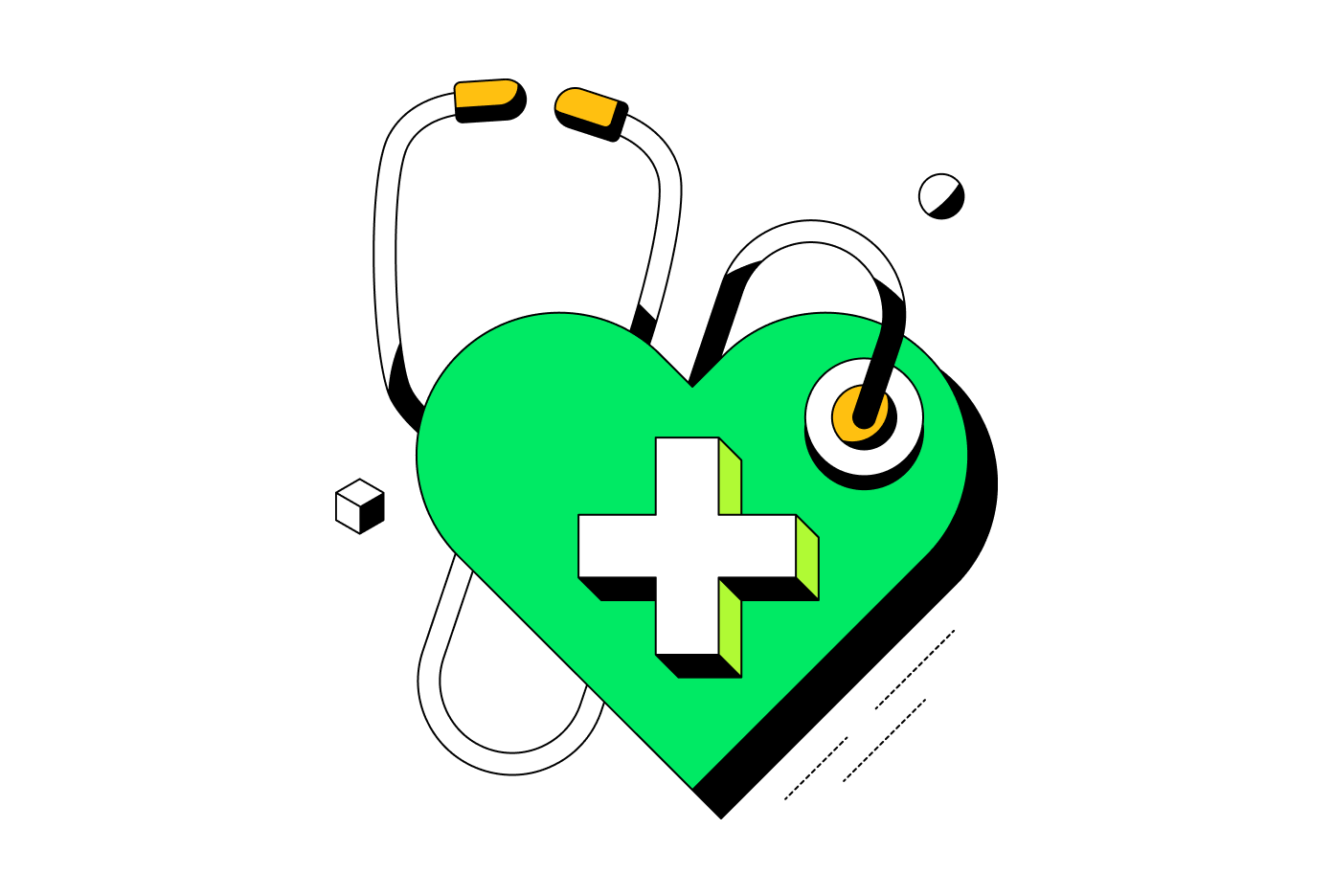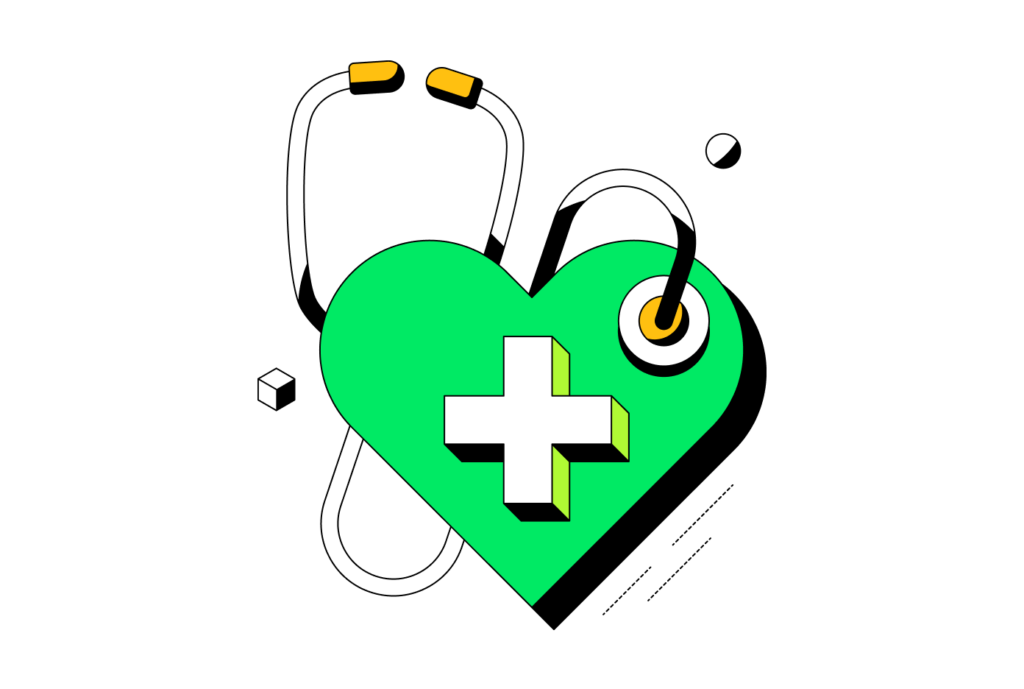Within the world of healthcare, clinicians often find themselves overwhelmed by the sheer volume of information they must process to provide optimal patient care. Text-based guidelines and procedures, while essential, can be cumbersome and difficult to navigate. Recognizing this challenge, John Shanks, co-founder of Kraken Coding, embarked on a mission to transform the way clinical staff access decision support information through its product, Clinical Branches.

The birth of clinical branches
Kraken Coding began its journey with the “Open Source Antimicrobial Stewardship” project, which aimed to provide decision support pathways for antimicrobial prescribing. Despite its limited functionality, the project gained traction. Early success, coupled with valuable feedback from users, inspired the team to develop a more robust solution using a modern database platform, MongoDB.
The initial vision for Clinical Branches was simple yet powerful: to create a tool that would streamline access to critical clinical information. Shanks, who developed the original tool during his tenure as a hospital pharmacist, understood firsthand the challenges posed by high staff turnover and the difficulty of training new employees. Clinicians were inundated with lengthy documents that often went unread, leading to potential risks in patient care. The goal was to create a structured decision tree that would guide clinicians through the decision-making process quickly and efficiently.
A unique approach to decision support
What sets Kraken Coding apart from other solutions in the healthcare industry is its innovative use of data generated through the decision-making process. By abstracting text-based procedures into semi-structured decision algorithms, Clinical Branches not only provide immediate guidance but also collect valuable data that can be analyzed for continuous improvement.
The team is currently working on an exciting project supported by the UNSW Tyree IHealthE Innovation Catalyst Awards, which aims to convert this data into semantic embeddings. By utilizing vector search technology, they hope to predict risks for patient admissions early in the patient journey.
The role of MongoDB in scaling success
A crucial element of Kraken Coding’s growth has been its partnership with MongoDB Atlas. Shanks initially chose MongoDB due to its simplicity and scalability. At university, the practical exercises and tutorials involved mostly SQL inner joins and database normalization. Any courses that did cover NoSQL did so only superficially, but after doing an online course using MongoDB, he saw how easy it was to set up an application and was happy to ditch SQL.
With Clinical Branches, he knew MongoDB would be the perfect choice. The focus on simplicity and scalability aligned perfectly with the startup’s needs. As the company expanded its operations, particularly with the recent deployment of a new application server in Canada, MongoDB’s capabilities made it easy to add nodes and tackle data sovereignty issues without compromising sensitive information. Without MongoDB, the team would have to manually set up a database instance for a new geographic location, which can involve complex configurations to manage consistency, conflict resolution, and data synchronization across regions. With MongoDB, they can deploy to any region in Canada with a few clicks.
One of the standout features that Kraken Coding has benefited from is MongoDB Atlas Vector Search, which has already shown promise in predicting optimal drug dosing based on historical patient data.
Support from the MongoDB for Startups program
The MongoDB for Startups program has played a pivotal role in Kraken Coding’s development. The Atlas credits provided financial relief for the early-stage venture, allowing the team to focus on building their product without the burden of high operational costs. Additionally, the free technical advice they received during the initial phases of their project was invaluable. A two-day technical consultant review ensured that their database indexing, design, and application routers were correctly configured before going live, saving the team about 50 hours of rework, by Shanks’ estimate, and ensuring the platform was scalable.
Looking ahead: The future of Clinical Branches
As Kraken Coding continues to innovate, the roadmap for the coming year is filled with exciting developments. The team is preparing to start phase one audits to register their software as a medical device, focusing on Bayesian inference and vector search to support optimal drug dosing strategies. They are also launching a new project that will utilize pathway answers in conjunction with patient information to predict likely patient outcomes. With their first pilot in Canada on the horizon, the future looks bright for Kraken Coding.
Kraken Coding is at the forefront of revolutionizing clinical decision support through its innovative product, Clinical Branches. By leveraging modern technology and data-driven insights, the startup is not only improving the efficiency of clinical workflows but also enhancing patient care. If you’re working in healthcare and looking for a simple initiative that can have a big impact for your service, check out Kraken Coding.
To learn more and get started with MongoDB Vector Search, visit our Vector Search Quick Start guide.
Are you part of a startup and interested in joining the MongoDB for Startups program? Apply now.
Source: Read More



